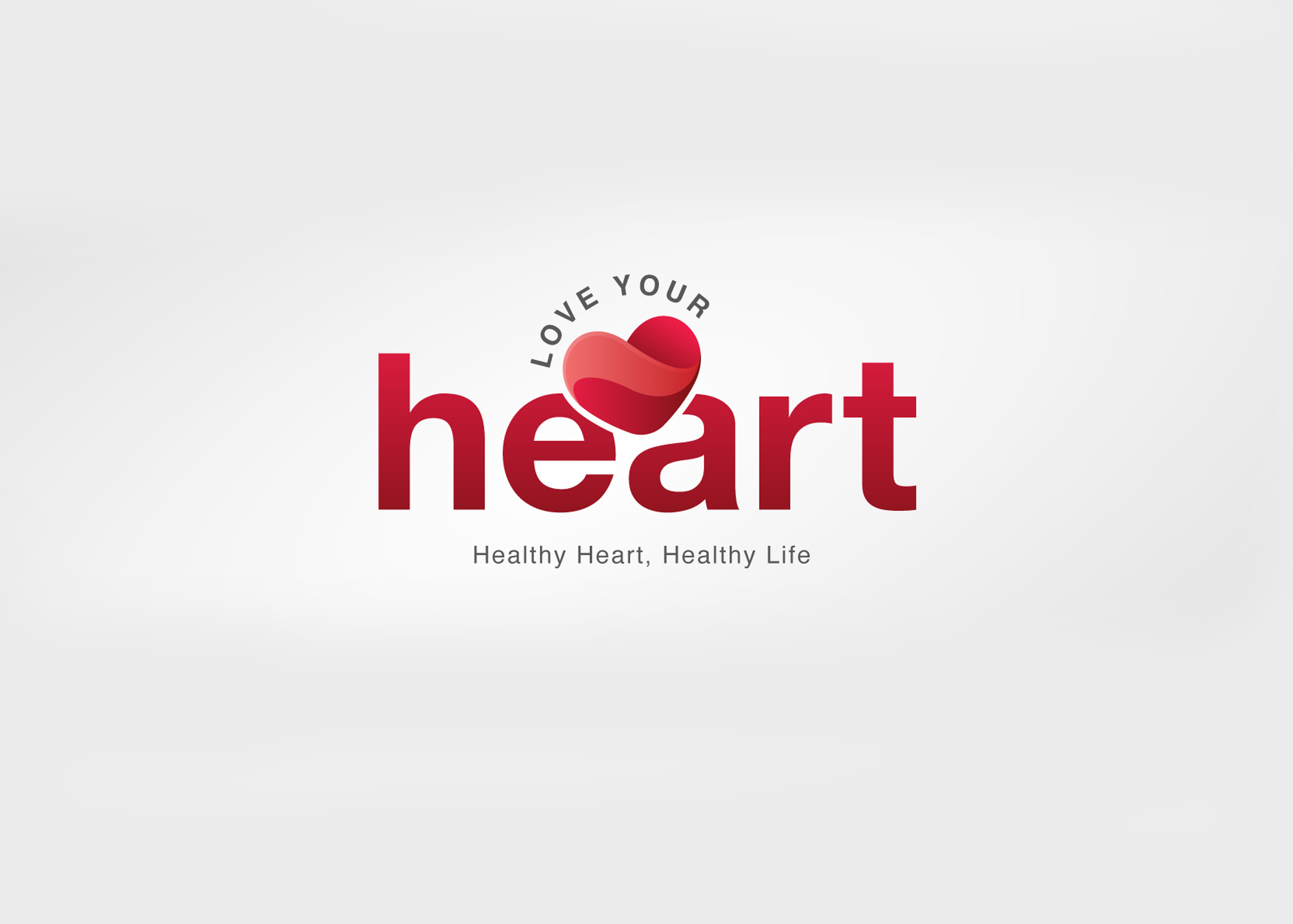Folic Acid: The essential Vitamin for a Healthy Pregnancy
In the heart of Abu Dhabi, future mothers are embarking on an exciting journey. Among the many preparations, understanding the crucial role of folic acid in ensuring a healthy pregnancy is paramount. Let’s explore the significance of this essential vitamin, especially for the mothers-to-be in Abu Dhabi.
What is Folic Acid?
Folic acid, a form of vitamin B9, plays a pivotal role in promoting a healthy pregnancy. It is essential for the proper development of the baby’s nervous system, even before the pregnancy test turns positive. Starting folic acid supplements ideally three months before planning a pregnancy can prevent brain and spinal cord defects in the baby.
Benefits for Baby:
Research indicates that folic acid significantly reduces the risk of:
- Neural tube defects
- Heart defects
- Cleft palate
Benefits for Moms:
Expecting mothers who take folic acid can potentially avoid:
- Miscarriages
- Preterm labors
- Raised blood pressure
Folic Acid-Rich Diet:
A balanced diet rich in folic acid is vital. Abu Dhabi’s diverse cuisine offers various sources of this essential vitamin, including:
- Eggs
- Lentils
- Oranges
- Walnuts
- Green vegetables
Recommended Daily Dose:
It is recommended to consume 400 micrograms of folic acid daily. Starting before conception and continuing until the 13th week of pregnancy is ideal. For some Abu Dhabi mothers, especially those with specific conditions such as previous neural tube defects, diabetes, or a BMI over 30, a higher dose (5 mg) might be necessary.
Conclusion:
Before embarking on the beautiful journey of motherhood, consulting a gynecologist in Abu Dhabi is crucial. Beginning the recommended folic acid dosage beforehand optimizes the chances of welcoming a healthy, happy baby into the world. A mindful start ensures a brighter, healthier future for both the mother and the child.























